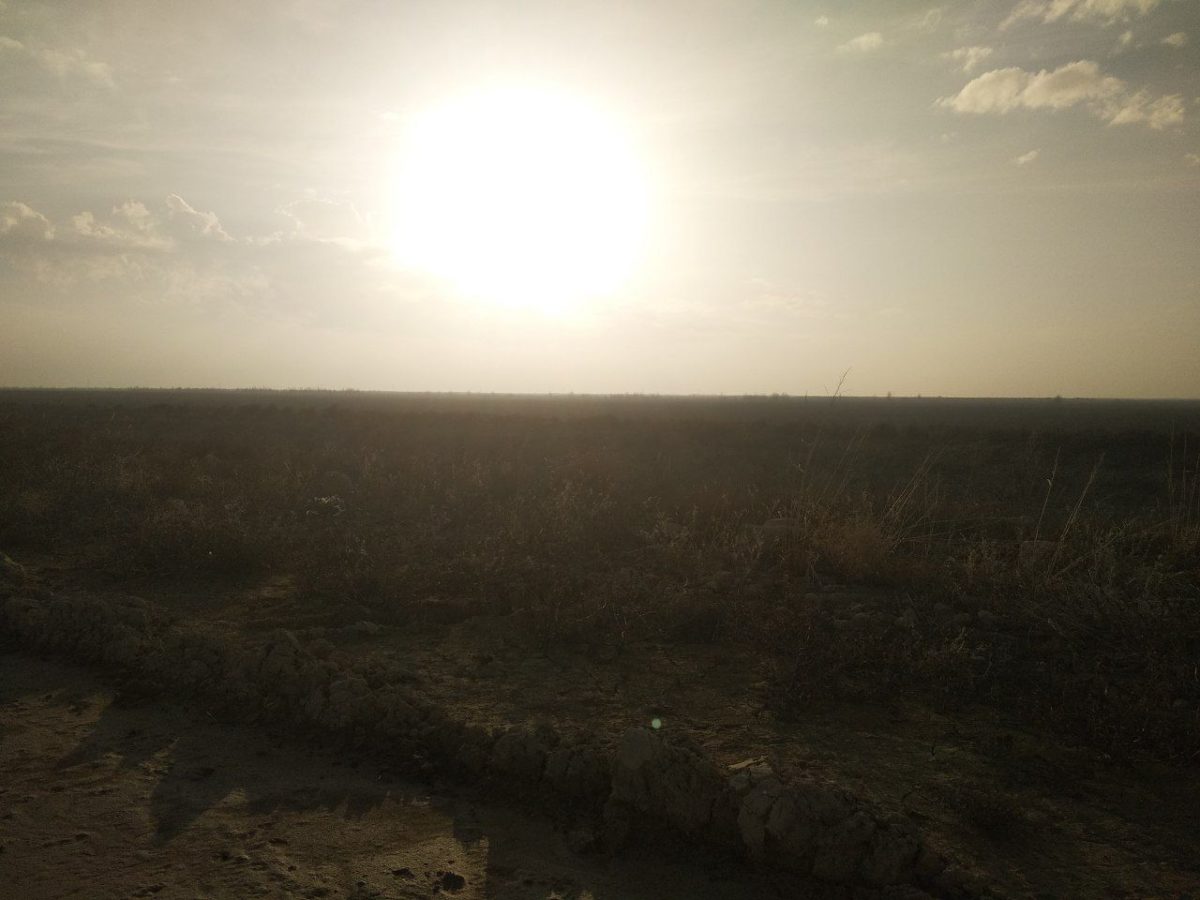The Ministry of Innovative Development of the Republic of Uzbekistan and Thai engineering, procurement and construction services contractor Helios Energy Co. have signed an agreement to build a 40 MW solar park in Namangan in eastern Uzbekistan.
Construction is expected to start this year with completion next year. The project will power the Namangan Free Economic Zone Uzbek president Shavkat Mirziyoyev decided to build in August 2018. Industrial activities planned in the area include the deep processing, storage and packaging of fruit and vegetable and agricultural products; textiles; shoe and leather goods; food; electrical industry; machine and automobile manufacturing; and construction materials production.
Businesses operating in the area will enjoy a special tax, customs and currency regime.
The solar project, funded by the government without public incentives, will deliver all the power it generates to the industrial zone, a Helios spokesperson told pv magazine. “The agreement between Helios Energy and the Ministry of Innovative Development underlines Uzbekistan’s commitment to installing 4 GW of solar PV by 2031,” the company stated in a press release.
Uzbekistan aims to source a quarter of its electricity from renewables by 2030. The country is developing large scale solar plants with a combined capacity of 1 GW with the support of the International Finance Corporation, the private finance arm of the World Bank Group.
This content is protected by copyright and may not be reused. If you want to cooperate with us and would like to reuse some of our content, please contact: editors@pv-magazine.com.




2 comments
By submitting this form you agree to pv magazine using your data for the purposes of publishing your comment.
Your personal data will only be disclosed or otherwise transmitted to third parties for the purposes of spam filtering or if this is necessary for technical maintenance of the website. Any other transfer to third parties will not take place unless this is justified on the basis of applicable data protection regulations or if pv magazine is legally obliged to do so.
You may revoke this consent at any time with effect for the future, in which case your personal data will be deleted immediately. Otherwise, your data will be deleted if pv magazine has processed your request or the purpose of data storage is fulfilled.
Further information on data privacy can be found in our Data Protection Policy.